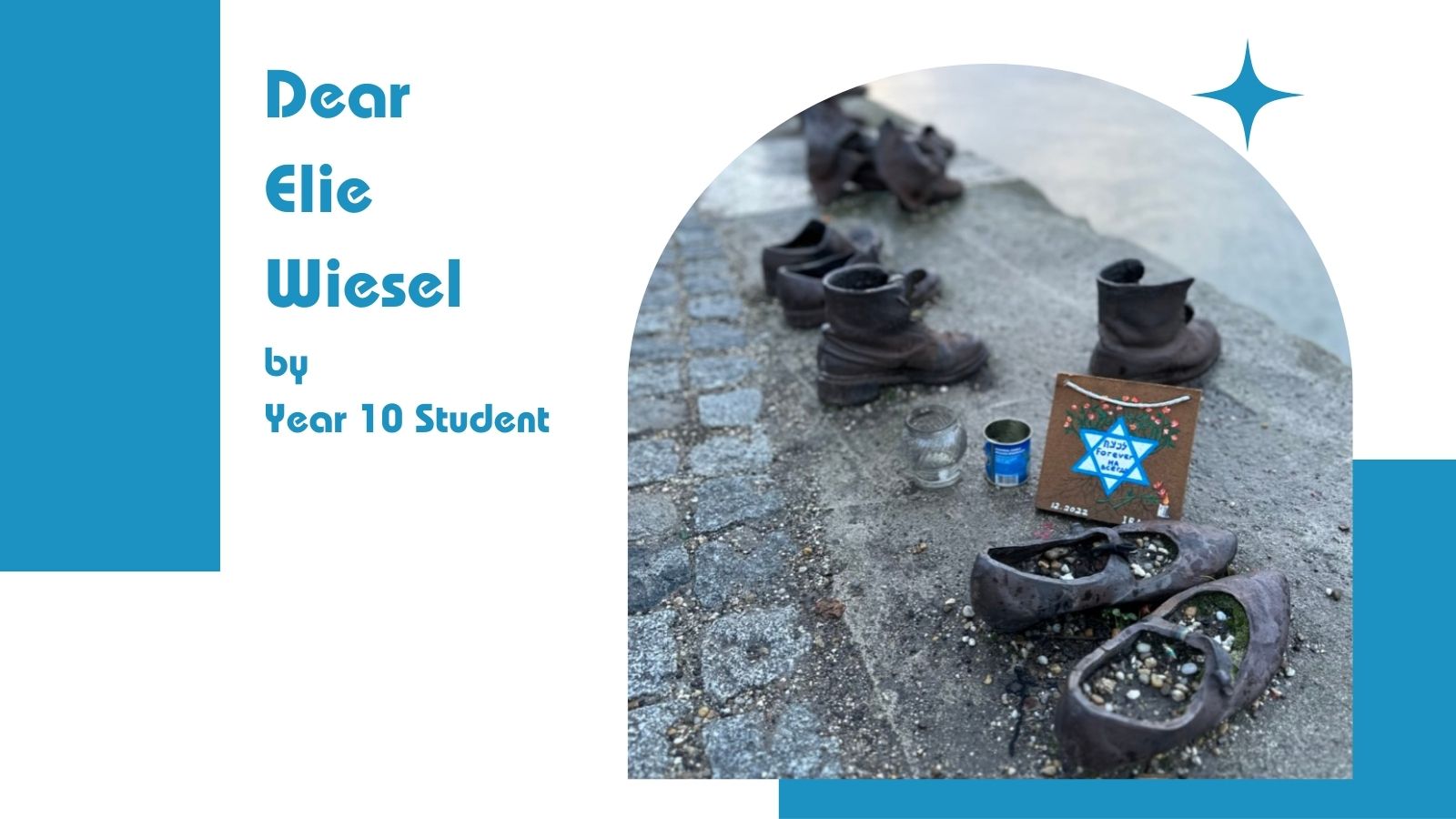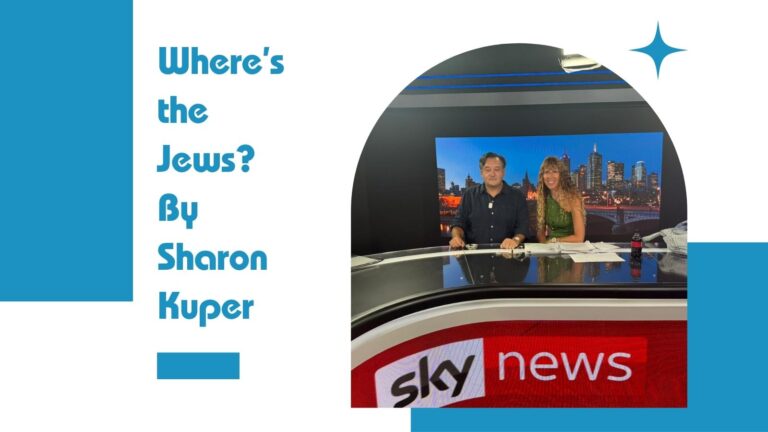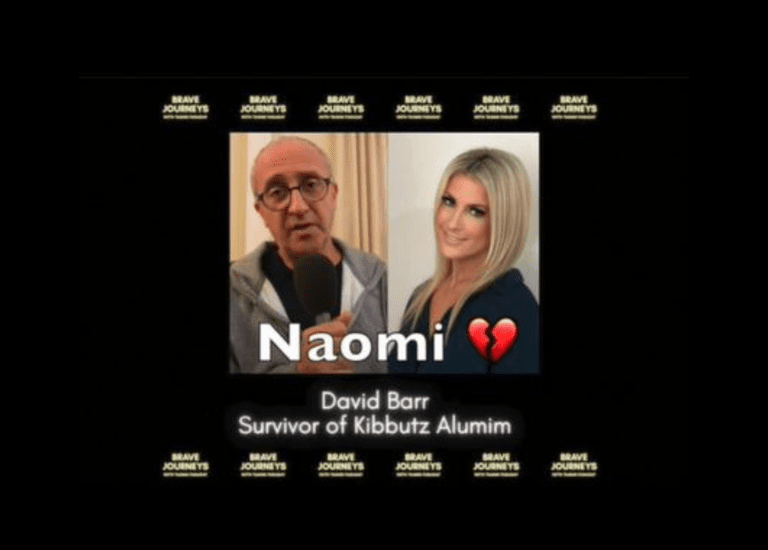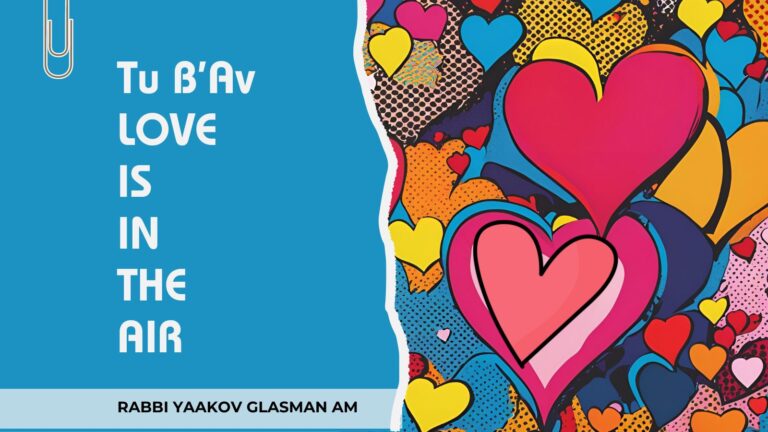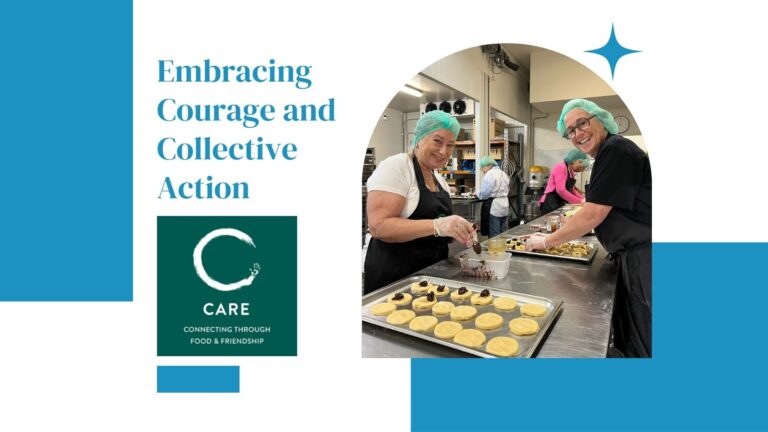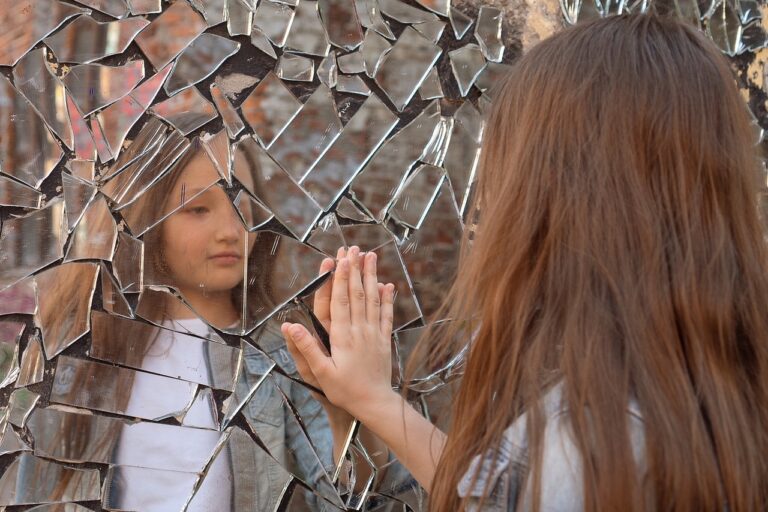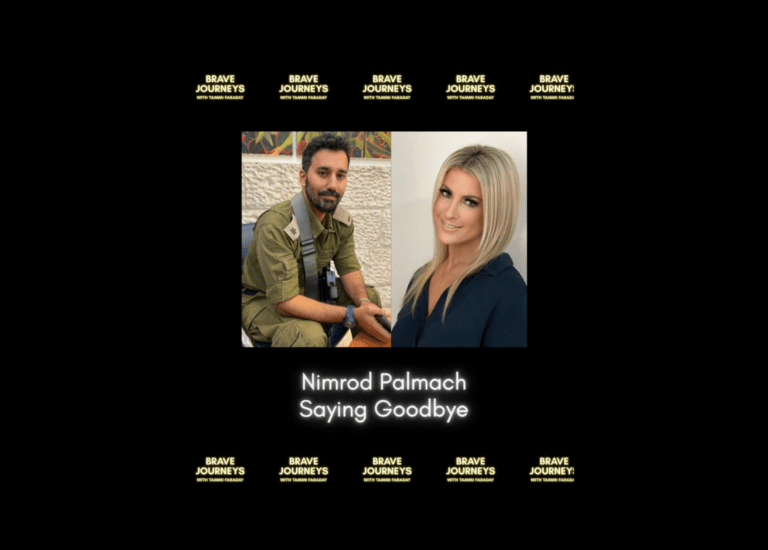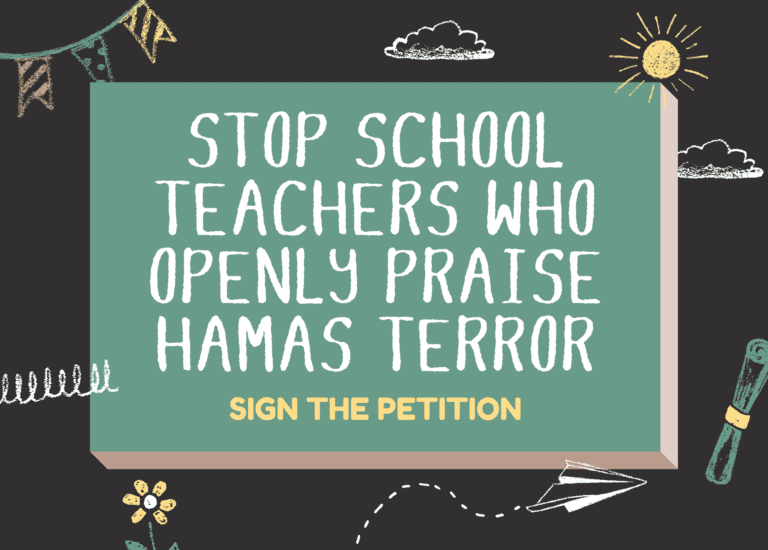Dear Elie Wiesel,
I hope this letter finds you in peace, though I can only imagine the weight of memories that must continually accompany you. I recently finished reading “Night,” and I felt compelled to reach out to you, to share with you the impact your words have had on me, and to ask some questions that have lingered in my mind since closing the final pages of your profound account.
Your description of dehumanisation within the Holocaust was stark and gut-wrenching. It is unfathomable to comprehend the depths to which individuals were stripped of their humanity, and reduced to mere objects of suffering and death. The systematic and calculated way in which people were dehumanised, the callousness of it all, left me deeply unsettled. The moment when you witnessed babies being thrown into the flames at Auschwitz, their cries piercing the night, was one of the most haunting and powerful passages in the book. It was a stark reminder of the depths of inhumanity that humans are capable of.
Yet, amidst this darkness, your story also illuminated the incredible acts of kindness that occurred against all odds. When the French girl passed your bread through the barbed-wire fence, risking her safety to offer a gesture of humanity, it was a glimmer of light in a sea of darkness. These moments of kindness, however fleeting, were like stars in the night sky, providing a sense of hope and reminding us of the resilience and compassion that can exist even in the darkest of times.
Your exploration of faith throughout “Night” was poignant and deeply personal. I was struck by the profound impact the Shoah had on your religious beliefs. The questioning, the struggle to reconcile such immense suffering with the idea of a just and loving God, resonated with me. Your journey from devout faith to a place of profound doubt and questioning was raw and honest. The moment when you witnessed the young boy being hanged at Auschwitz, and someone in the crowd asking, “Where is God now?” echoed with the weight of centuries of theological questioning in the face of suffering.
Your relationship with your father was a central thread throughout the narrative. The evolution of this relationship, from a distant and sometimes strained connection to one of deep love and mutual dependence, was both heart-wrenching and beautiful. The bond that developed between you, forged through unimaginable circumstances, spoke volumes about the power of relationships in “Night.” The moment when you had to make the agonising decision to leave your father behind in the camp, knowing it was the only way you could survive, was a testament to the depths of love and sacrifice.
As I read your words, I found myself grappling with the weight of your experiences, trying to comprehend the incomprehensible. Your courage in sharing your story, in bearing witness to the atrocities of the Holocaust, is a gift to us all. It serves as a reminder of the importance of remembrance and understanding, and the responsibility we have to ensure that such horrors are never repeated.
Thank you, Elie Wiesel, for sharing your story with the world. Your words have left an indelible mark on me, stirring a range of emotions and prompting deep reflection. I am grateful for the opportunity to have walked alongside you, if only through the pages of your book.
With deepest respect and admiration,
Year 10 student
